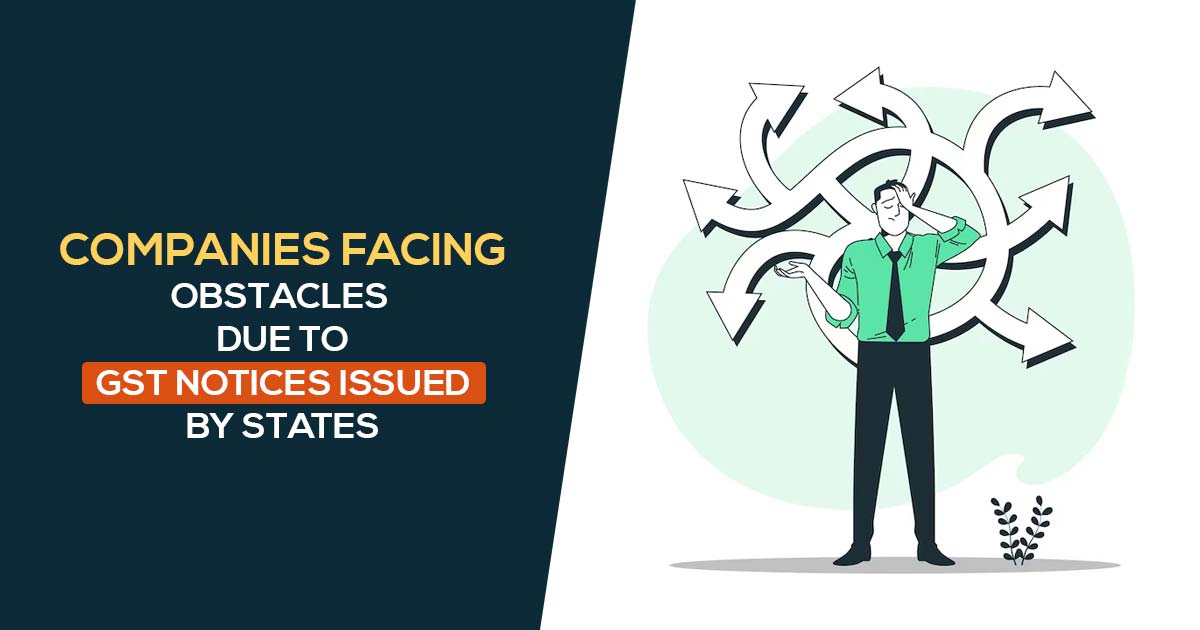
Businesses are in dilemma responding to increasing GST notices from different state departments, as most companies handle taxation issues centrally. Especially service-based businesses face barriers to differentiation as per each state.
These letters from various states request specific documents and representations as part of tax scrutiny. Furthermore, the frequency of such notices has dramatically increased following the completion of GST compensations for states in July 2022.
Since states must now create their own revenue, their revenue departments are working tirelessly, delivering letters to businesses under any pretext, and their numbers are expected to grow in the future, according to analysts. States have begun scrutinizing GSTN data, cross-referencing it with income tax records, and conducting reconciliations, resulting in the issue of a number of notices to enterprises.
According to the GST law, businesses are required to register in each state, file monthly returns, and complete separate tax payments to each state, which resulted in receiving notices from individual states. Whereas in the earlier tax regime, only those selling goods in a state needed registration, in the new tax regime, it is mandatory for service providers to get registered in every state.
This scenario is causing many issues for businesses, especially service-based entities such as banks, mortgage lenders, technology companies, back offices, and insurance companies.
According to a tax expert, the accounting and tax divisions are typically located in one central place, such as Mumbai. When tax notices are received from multiple states, the central tax department is put under pressure to handle them, putting a strain on the staff.
Read Also: Businesses Want New GST Reforms and Amnesty Scheme for Disputes
Since most companies centralize their accounts, not maintaining separate trial balances for each state creates another issue. Businesses classify their books of accounts on the basis of segments, like motor insurance, health insurance, etc., not as per geography.
According to the tax expert, location is necessary for GST reasons. GST authorities want to know how much business the company has done in each state and how much tax has been paid, which can be difficult for businesses to separate and report. In such circumstances, businesses confront significant issues, further complicating the GST compliance procedure.
In many situations, the time provided by different states to reply is inadequate to consider the volume of information sought and the need to furnish reconciled data.
As per the review done by the experts, GST notices are sent to service-based businesses by states to produce a large number of documents to satisfy the questions of state revenue officers.
Most notices ask for five-year data, which is huge. Many corporations are facing difficulties locating and reconciling five-year-old data.








